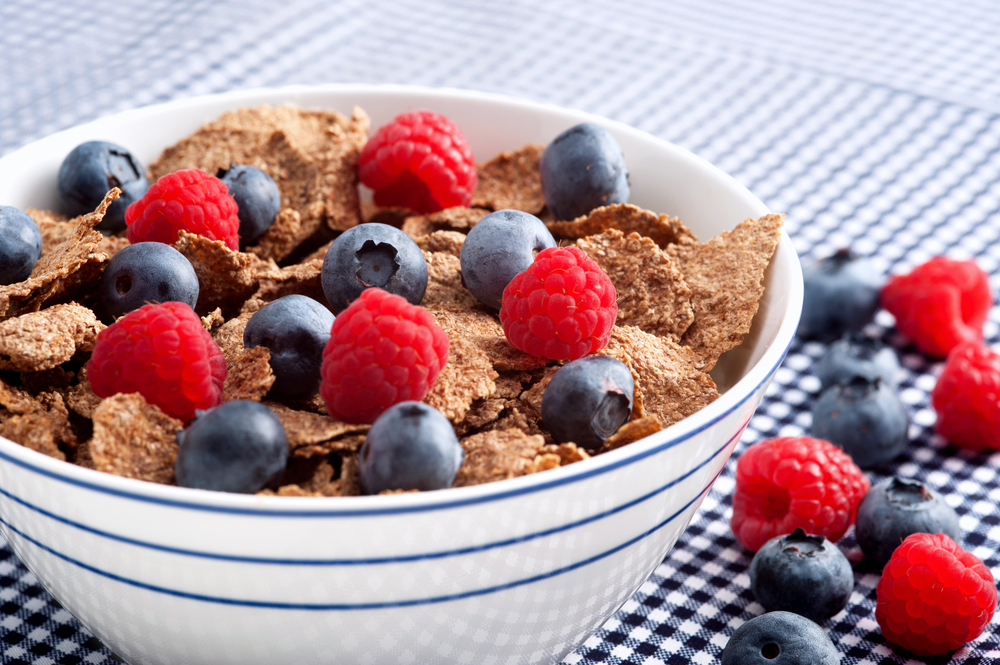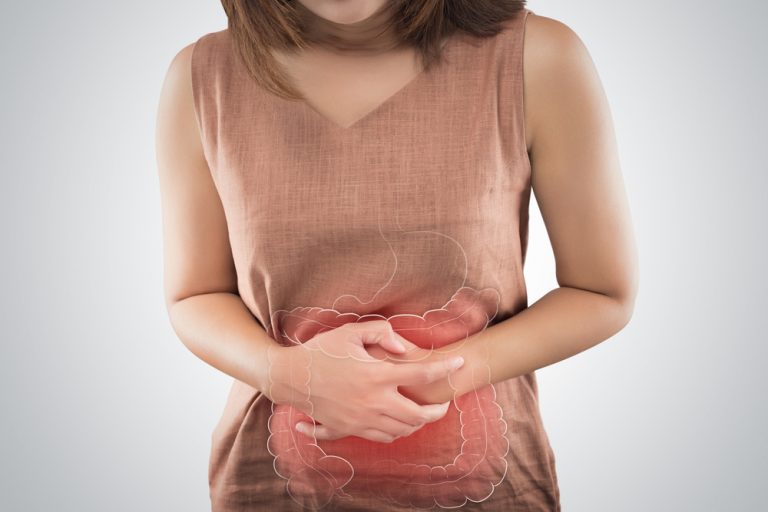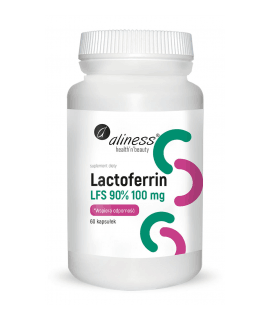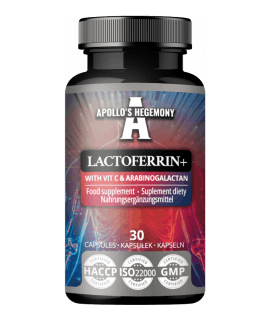Satisfying hunger is one of the basic human needs. Yet, how we do it depends only on us. We can prepare our own meals, we can also use a wide selection of ready-made dishes. We should remember that our diet should contain all the necessary nutrients, proteins, carbohydrates and fats, as well as vitamins and minerals. A diet that does not contain them in the right amounts and proportions often causes various gastrointestinal complaints, including constipation. There are many ways to deal with constipation. Sometimes the inclusion of certain products in the diet is enough to regulate the digestive system. In short-term constipation caused by eating mistakes, the solution may be laxative tablets or herbal tea. What should you do to avoid having problems with your bowel movements?
Fibre
Fibre (or plant fibre) is one of the nutrients. It does not provide the body with energy, but it is necessary for the proper functioning of the digestive tract. Fibre is responsible for, among others for regulating the rhythm of bowel movements. If our diet provides it in the right amount, then we should have no problems with constipation. Fibre deficiency may result in a greater tendency to constipations.
The daily requirement for fibre and its sources
The daily requirement for this ingredient is 20 to 40 g. Its basic source is the food of plant origin. This is one of the reasons why vegetables and fruit must be found in your daily diet. It is worth knowing, however, that some foods contain much more fibre than others. Fruits rich in fibre are primarily berries (raspberries, blackberries, blueberries), bananas as well as apples and pears - the latter is best to eat with the skin on. As much as 9.9 g of fibre can be found in one Chinese pear fruit, also called Nashi.
Vegetables include various types of beans and peas, spinach, corn and broccoli. Potatoes are also a good source of fibre. An interesting and tasty addition to dinner will certainly be a whole potato baked with skin - it is richer in fibre than traditional potatoes eaten in form of puree or french fries.
If we prefer rice, we can reach for brown rice. White counterpart does not contain much fibre. Whole wheat flour pasta can also be a good choice instead of traditional pasta.
More dietary fibre may come from snacks. Dried fruits (figs, dates, raisins, apricots) and nuts (especially almonds, walnuts, pecans and sunflower seeds) are great for chewing between meals. It can also be a great addition to the morning muesli, just like oatmeal and flax seeds. A tablespoon of linseed contains 2.8 g of fibre. Another healthy snack can be popcorn (without any caloric additions like butter!).

Water for constipation
To prevent constipation, it is necessary to drink a large amount of water, preferably 0.5 to 1 litre more than usual one and half a liter per day. It is also good to give up strong coffee and alcoholic beverages for some time, as they lead to an aggravation of the constipation problem. An effective way to improve the work of the digestive tract is physical activity. Even not very intensive movement is able to stimulate the digestive system to work, and regular exercise will successfully protect against constipation.









